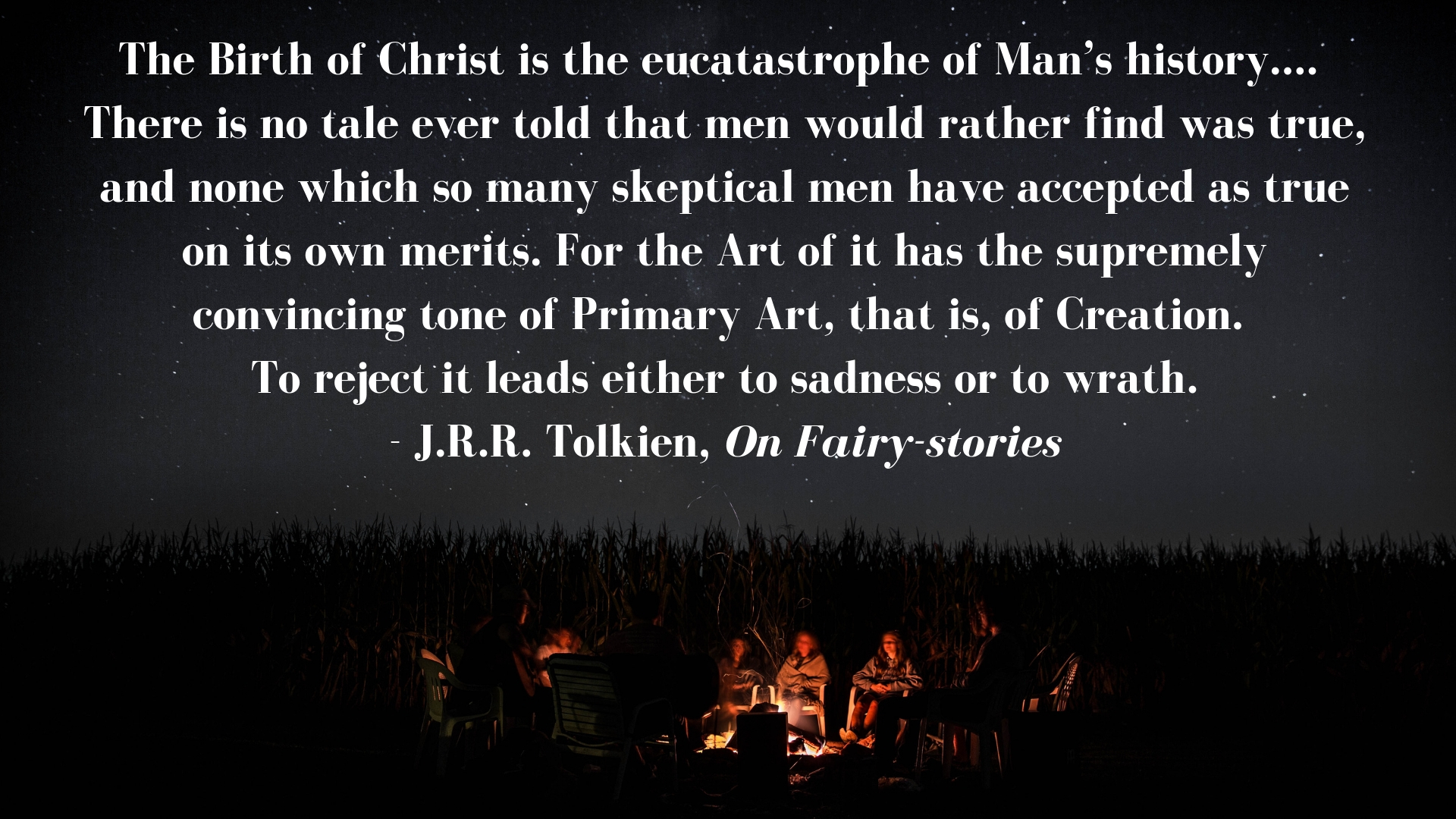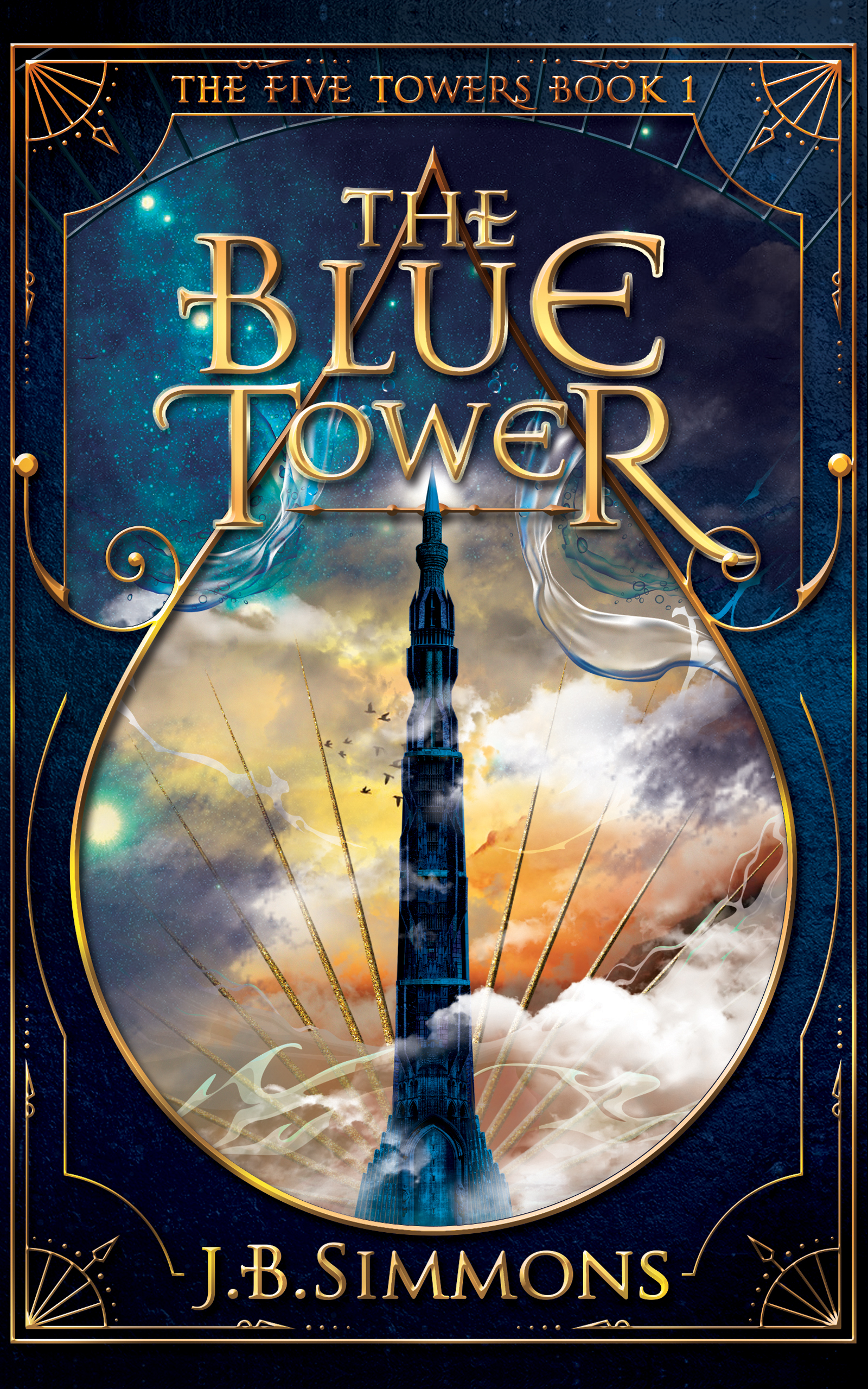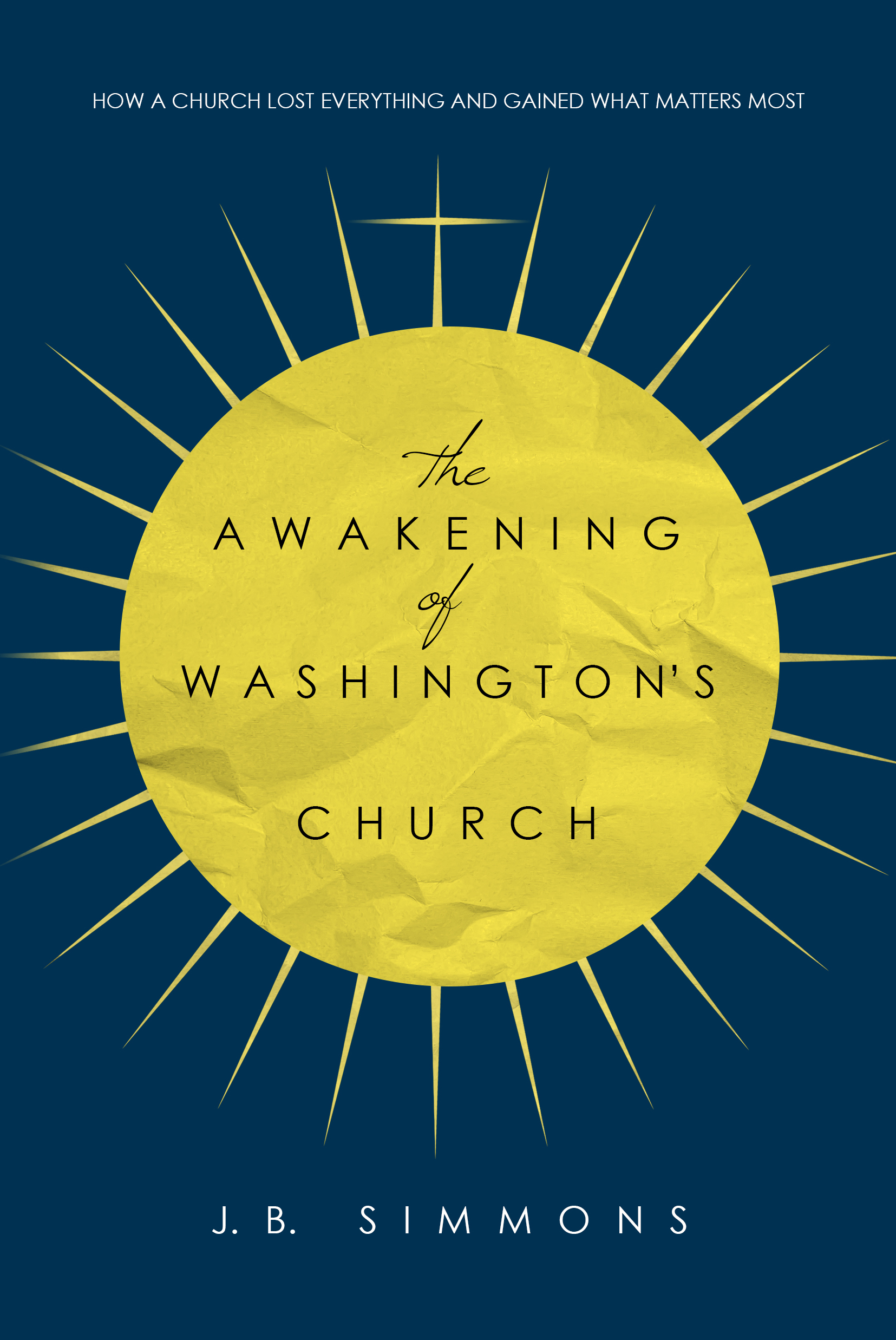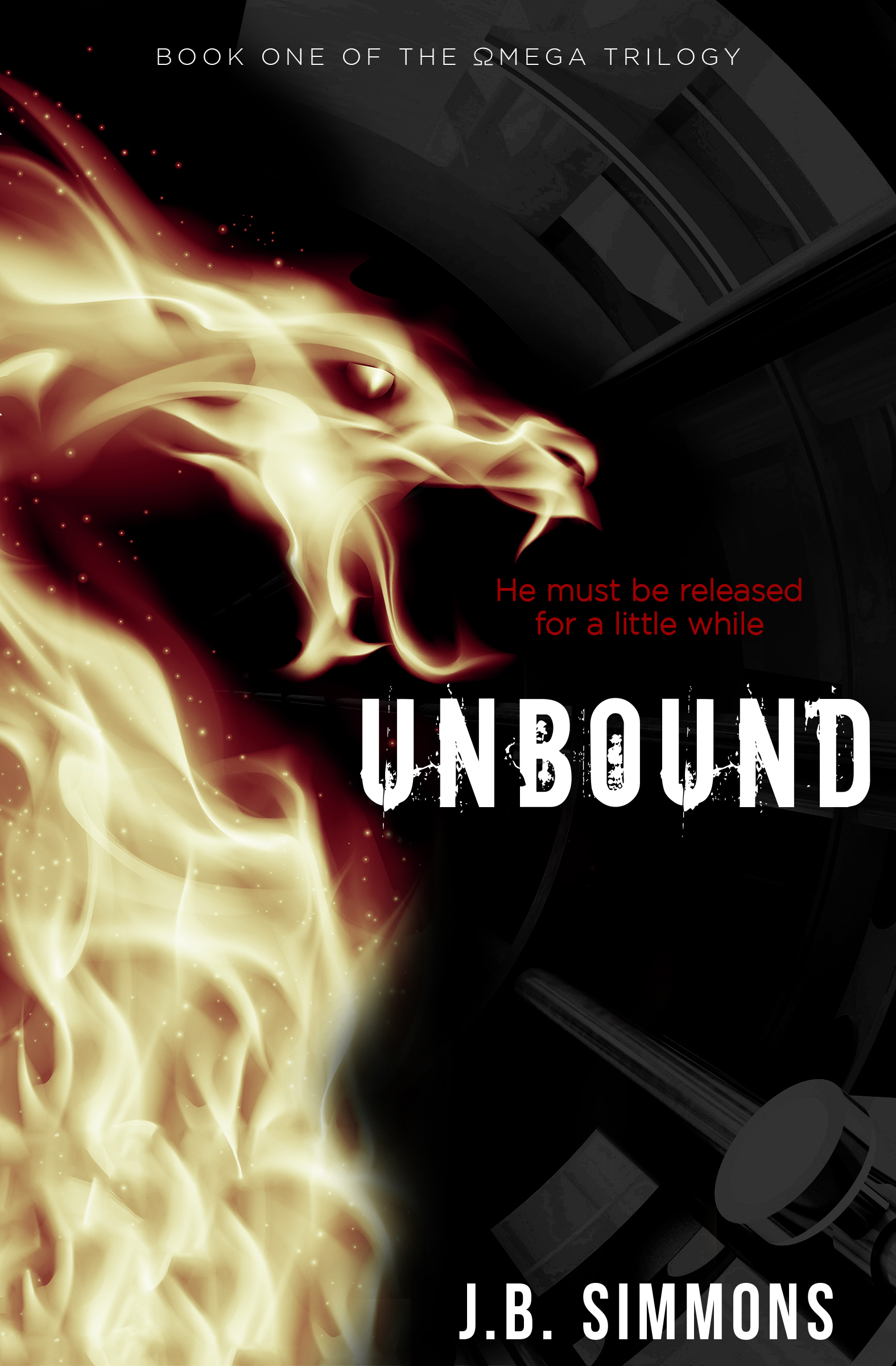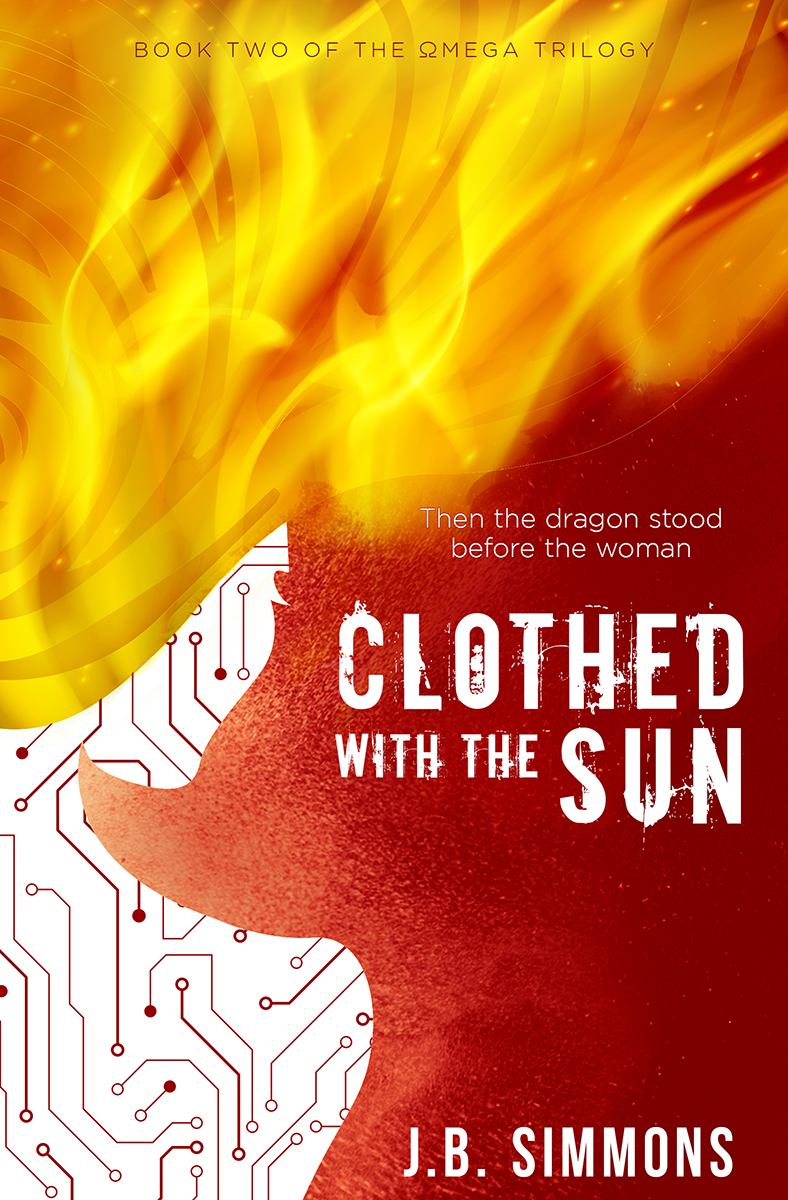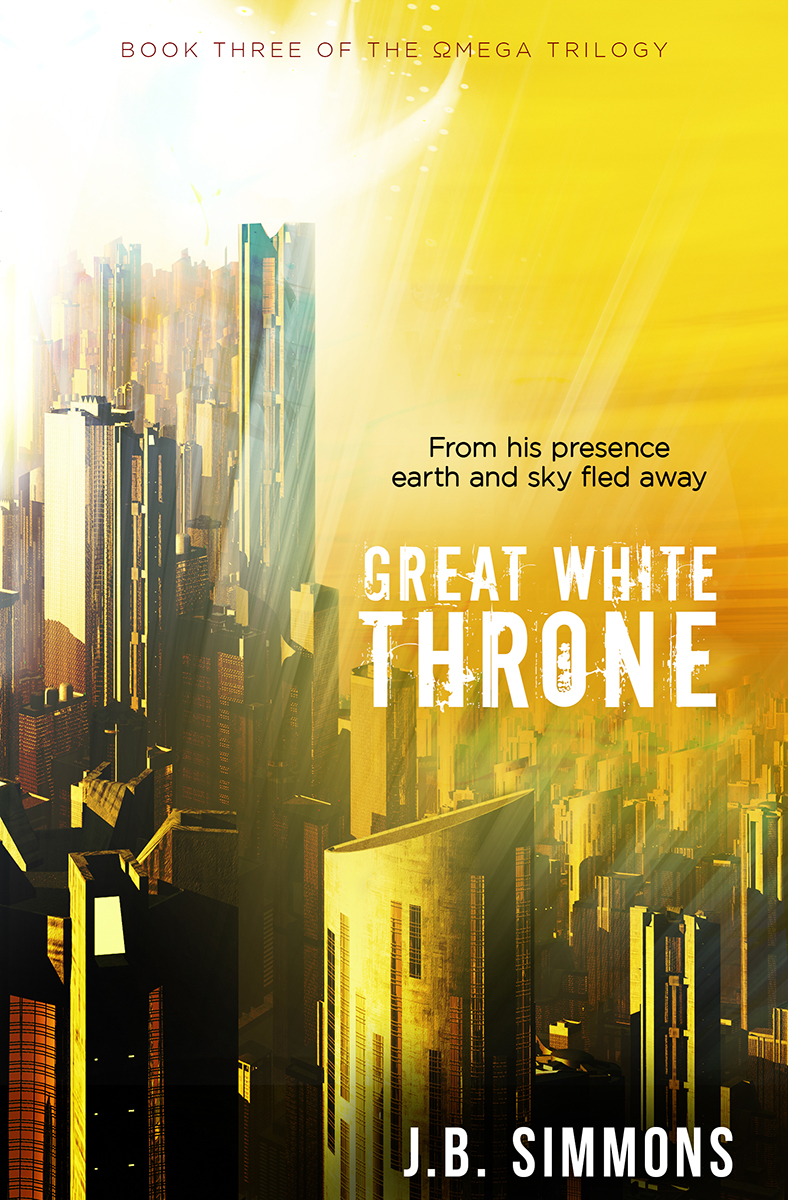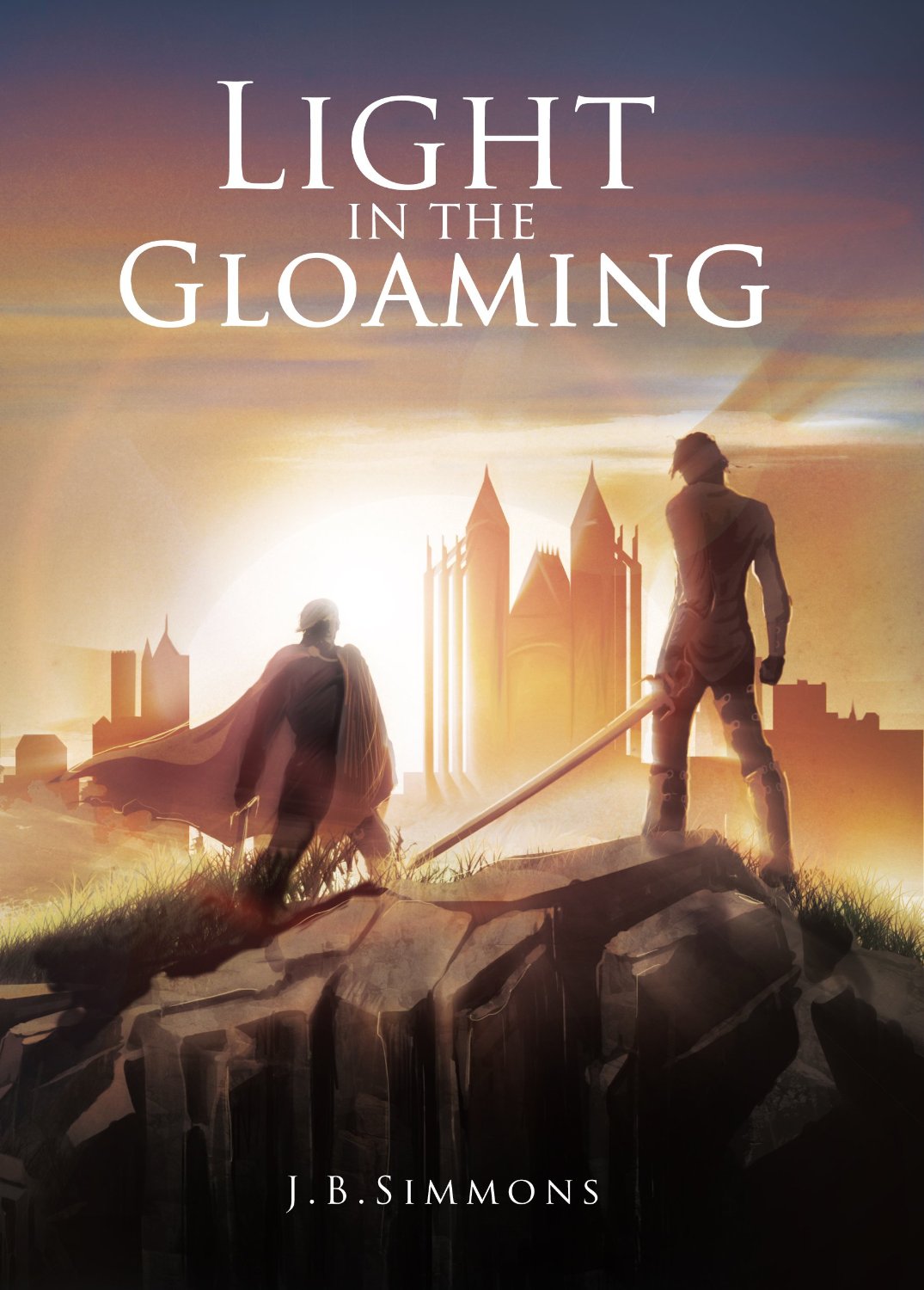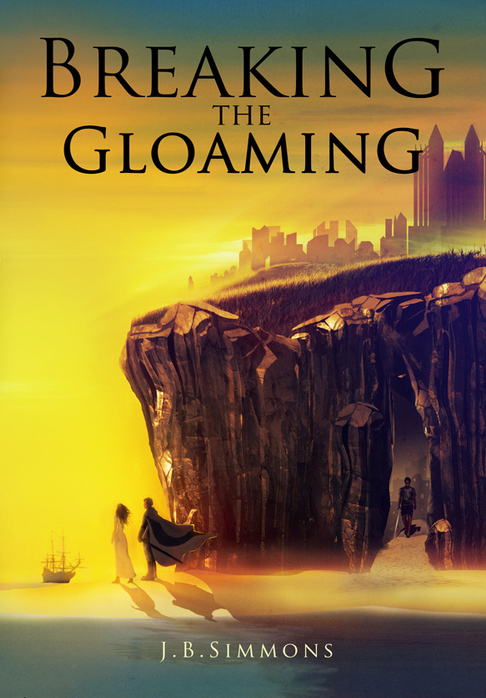The Greatest Story Ever Told
/Science is catching up with ancient human wisdom. Studies of the brain show that stories activate parts of the cortex like nothing else. Or as one scholar put it, as he measured the brain activity of people watching a James Bond movie, he was “watching an amazing neural ballet in which a story line changes the activity of people’s brains.” (HBR, Why Your Brain Loves Good Storytelling).
We all know this is true. Stories change us. Sometimes profoundly. And it makes you wonder: what is the greatest story ever told? What story has produced the most total change in human brains? Here’s the definitive answer, plus a storyteller’s reasons why.
by Maha Rukab.
Readers and Revenue
To determine the greatest story ever, you could measure and compare the total change caused by each story in every human brain throughout history. Unfortunately, no scientist has done this work for us. The best we can do is look at cold, hard facts: the number of people who have heard leading stories, and the money generated.
The best known story of all time
A long history can help here. The Epic of Gilgamesh is one of the oldest stories. But have you read it? How much of the modern world has? Probably not as many as have read or listened to the Odyssey by Homer. The BBC ranked the Odyssey as the #1 world-shaping story ever. But that’s subjective.
By pure numbers, Harry Potter has eclipsed the Odyssey, with over 500 million copies of the series sold (and 120 million copies of the first book alone). This makes sense, because, as well known as the Odyssey has been, over half of human experience has been lived since 1309 (more on this mind-bending fact here). In other words, there are a whole lot more people alive now than when the Odyssey first became a “bestseller” in the 8th century BC.
So it’s not the Odyssey. It’s not Harry Potter, either. It’s the Bible, which is estimated to have sold 6 billion copies. It is claimed that Quotations from Chairman Mao rivals the sales of the Bible. But as far as I can tell, this book of Mao quotes is not a story in the normal sense of the word, and it has some dubious reporting on numbers. So, score one point for the Bible.
The most revenue generated by a story
Stories are not limited to books. The Star Wars empire has generated $42 billion across the movies, books, and merchandise. Harry Potter comes in second at $25 billion. Others say that the Pokemon franchise has topped both of these, with total revenue of $85 billion (wow!).
As for the Bible, the revenue from its 6 billion sales is difficult to measure but surely high. Just think of the value in today’s dollars of monks copying every word before the printing press. Some estimate it was around $30,000 per copy.
Yet, to determine the greatest story ever, you have to think more outside the box. The gift box, that is. The Christmas story—the centerpiece of the Bible—has created massive revenue. Can you imagine how many presents have been given since the wise men gave their gold, frankincense, and myrrh? Latest retail sales estimates are that a single year of Christmas retail sales, in the U.S. alone, is over $700 billion. The sales of Star Wars, Harry Potter, and Pokemon depend on Christmas. No story can rival that.
In sum, objective indicators point to the Bible, and its central Christmas story, as the greatest story ever told. Now, what makes this story so great?
What Makes The Greatest Story So Great
Writers have tried for centuries to figure out what makes a great story. Common answers are: compelling characters, conflict, an exciting plot, surprising twists, and more. In my humble storyteller’s opinion, here are seven elements that make the Christmas story the greatest ever.
The story has huge stakes. In many great stories, the fate of the world hangs in the balance. The claim of the Christmas story is that God became man in order to save mankind from death. The stakes cannot get higher than that. It’s life or death, end-of-the-world stuff.
The story starts with a prophecy. Stories that start with a prophecy have immediate tension. Will the prophecy come true or, as in the Lego movie, did the old wizard just make it up? Did you know that the first chapter of Harry Potter has a clear prophecy? It struck me when I recently re-read it: “He’ll be famous — a legend — I wouldn’t be surprised if today was known as Harry Potter Day in the future — there will be books written about Harry — every child in our world will know his name!” That hooks you, right? As for the birth of Jesus, the Old Testament is as prophetic as it gets. It’s like one huge tension-building prelude to the Christmas story.
The hero comes from lowly circumstances. No one likes a hero born with a silver spoon. Harry Potter has a rough beginning. So does Luke Skywalker. The story of Jesus starts about as lowly as possible. He is born out of wedlock, in a stable, to a teenage commoner. Some shepherds and animals gathered around to witness it.
There’s an early threat on the hero’s life. Conflict drives every good story. The sooner it starts, the more gripping the story. That’s why so many thrillers start with a murder. In the Christmas story, the conflict hits with ruthless force before the hero is even out of diapers. The ruler, Herod, orders the execution of every baby boy in Bethlehem. The hero’s family narrowly escapes thanks to a warning in a dream. But innocent lives are lost. More danger is coming. (Highly recommended novel about this dramatic threat: Christ the Lord: Out of Egypt by Anne Rice.)
There is an epic climax. After the hero has matured and become all he was meant to be, he faces off with the bad guys. These are the same bad guys from the beginning, with the political backstory coming to a head: Herod, the Pharisees and Sadducees, the Romans. That’s epic enough, but in the Christmas story, the final battle is against the devil himself. Can anything be more climactic than God versus Satan and death?
The hero saves the day in an unexpected way. Wait, the hero dies? This is a quite a twist. It was prophesied, but it is surprising all the same. The hero is crucified. But there’s another shocking scene. After his painful death, the hero rises from the dead in order to save his chosen people, forever. J.R.R. Tolkien (who has sold his fair share of stories) calls the Christmas story and the Resurrection the “eucatastrophe” — the polar opposite of a catastrophe.
There’s a sequel. No one likes a good story to end. The Resurrection is an ending of sorts, but it’s just as much a beginning. We’re still living in the story, and we have every reason to be excited about the sequel, when the hero will come again.
Why We Should Keep Telling The Story
This fall I took my first seminary class. It required thorough study of this story (i.e., systematic theology). My main takeaway is that the world’s greatest minds have not been able to understood the profound mysteries and subtle inconsistencies of the Christmas story. They have debated, and even waged wars, over questions about who exactly the hero was. But these differences aside, one thing remains completely accessible to us all: the story.
The story is the baby in the manger, the ultimate hero coming to earth, and the hero saving us in the end. It’s a story that fills us with emotion, gives us hope, and changes our brains. And it’s a story worth telling over and over —until the sequel when the hero comes again.
Best of all, the story is true. Merry Christmas!



